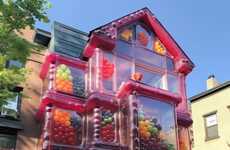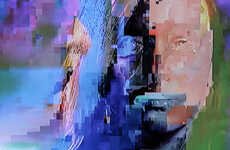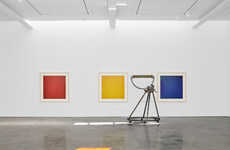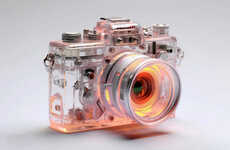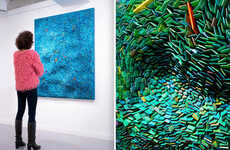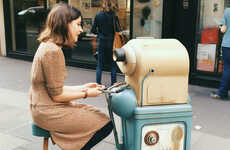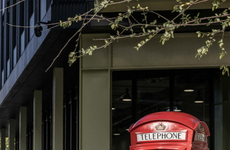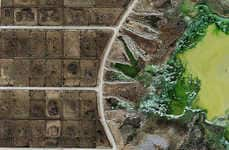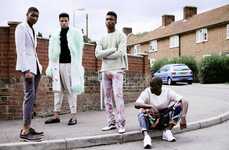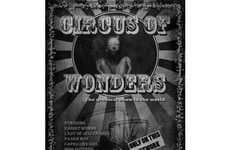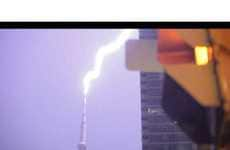
Oliver Ratsi's 'What You See is Not What You Get' is Aptly Titled
Meghan Young — March 17, 2011 — Art & Design
References: ratsi.free.fr & psfk
'What You See Is Not What You Get.' That is perhaps the most aptly titled photo series I have come across yet. Part of an architecturally focused series, these featured photos have been manipulated to create surreal images that make you question what is real and what is not.
Photographed by Oliver Ratsi, the 'What You See Is Not What You Get' photo series essentially fragments urban landscapes so as to reshape the evolution of it as well as to "encourage the audience to interact with the artwork according to a visual reconstruction mental exercise," as put by Ratsi. That said, the overall pixelated outcome is pretty impressive, even without looking deeper into the meaning of each photo. Check out the featured gallery to see some of these amazingly surreal images.
Photographed by Oliver Ratsi, the 'What You See Is Not What You Get' photo series essentially fragments urban landscapes so as to reshape the evolution of it as well as to "encourage the audience to interact with the artwork according to a visual reconstruction mental exercise," as put by Ratsi. That said, the overall pixelated outcome is pretty impressive, even without looking deeper into the meaning of each photo. Check out the featured gallery to see some of these amazingly surreal images.
Trend Themes
1. Fragmented Architecture - Opportunity for disruptive innovation in creating immersive and interactive urban landscapes.
2. Surrealist Photography - Opportunity for disrupting traditional photography techniques and exploring new forms of visual storytelling.
3. Visual Reconstruction Exercises - Opportunity for innovation in developing tools and techniques for mental exercises and cognitive training.
Industry Implications
1. Architecture - Opportunity for architects to explore new ways of designing and reshaping urban landscapes.
2. Photography - Opportunity for photographers to experiment with innovative techniques and push the boundaries of traditional photography.
3. Mental Health and Wellness - Opportunity for mental health professionals to incorporate visual reconstruction exercises into cognitive training and therapy.
4.5
Score
Popularity
Activity
Freshness

